Where We Work
See our interactive map


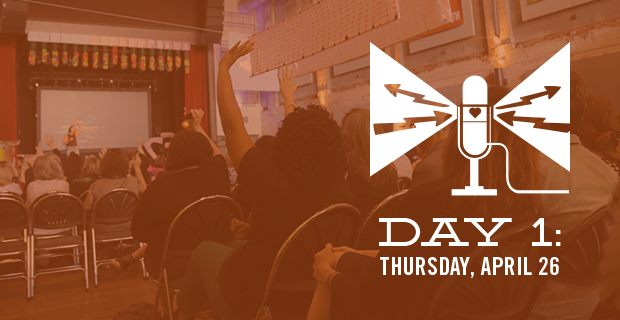
Day 1 of SwitchPoint 2018 focused on fake news, true stories, and the power both have over how we do good—and how we do evil.
If you’ve been within shouting distance of the news lately, you know that privacy and data are on a lot of people’s minds.
Who has access to your digital life? What should they be allowed to do with it? What power are our facts giving to those with the resources to aggregate them?
And what about when the facts aren’t really facts?
Fake news is doing more than influencing elections and making your in-laws post troubling memes on their timelines. It’s putting people in danger.
It’s a war on trust and institutions, on social systems.
The bad guys, said Nathaniel Raymond of the Harvard Humanitarian Initiative today, have found in social media a powerful new tool to sow discord and misinformation. Whereas radio was the platform of choice for hatemongers during the genocide in Rwanda, today, they’re using messaging apps to incite loathing for the Rohingya in Myanmar.
And just last week in North America, we saw how they’re using subreddits and other online gathering places to wrongly blame women for their sexual frustrations and rejections, and encourage violence against them.
“Right now, we’re at the beginning of what I call the Third World War,” Raymond said. “It’s a war on trust and institutions, on social systems. And you all, ladies and gentlemen, are on the front lines.”
Raymond was talking to a sold-out crowd of almost 400 global health experts, technologists, and other humanitarians from across a variety of fields today at the seventh annual SwitchPoint conference in Saxapahaw, North Carolina. Entrepreneurs, inventors, artists, and others from around the world gather here every year to learn about the latest humanitarian innovations and find new partners for their social good ventures.
“In 1991, the writer Don DeLillo said that the future belongs to crowds,” Raymond said. “For a couple of decades, I thought he was right. But I don’t think that anymore. Now I think the future belongs to those with computing power.”
And what if those with the computing power decide to, say, overlook an entire demographic as they gather their data?
This is precisely what happens in many countries around the world, said Nina Rabinovich Blecker of Data2X at the United Nations Foundation. That’s why the data we have about women and the nuances of their lives is so incomplete.
Blecker described a common situation a woman might face in a low- or middle-income country:
“Her national government might only track a few pieces of data,” she said. “How many children she has, whether they’re in school, whether she and her husband have a job. But we don’t know if she has informal employment, or if she’s experienced violence in her life. And often, surveyors ask questions about family life only of the head of household. That’s usually a man. So we have fathers answering questions about daughters, husbands answering questions about wives. The data become skewed.”
And if the governments do get those data, do they use them to improve services or reach people in need? What exactly do they do with those data? Too often, nothing.
Marco Werman was just a kid, listening to the radio with his mom on the way home from summer camp, when the Watergate scandal broke. He was captivated by the news coverage.
“That’s when I first realized that a journalist could bring down the most powerful person in the world,” he said today.
And it’s not only journalists who have the power to sway opinions with their stories—global health and development professionals have a lot to learn about humanizing the humanitarian work we do in the way we talk about it.
We use too many acronyms, for one thing, said Jessica Mack, senior director of advocacy and communications at Global Health Corps. There’s UHC, for universal health coverage. SDGs for the Sustainable Development Goals. OVC, for orphans and vulnerable children.
And those are just the easiest ones.
“We do ourselves such a disservice by closing away these interesting and profound concepts behind dry strings of letters,” Mack said. “Using acronyms for these things is like looking at a sunrise through a grimy window—it’s more difficult to focus, and not quite as inspiring.”
Instead, she proposed, we should all take a deep breath, check in with ourselves, and repeat a simple mantra that can bring us back to the fundamentals of why we do what we do.
“Health is a human right,” she said. “Say it again. And again.”
“When I was in school I remember being taught that sex is something that we shouldn’t talk about,” said Vithika Yadav, cofounder of Love Matters in India. “So of course, it became the secret mission of my life to learn all about it.”
India is home to the largest number of young people today, she said—“young people who need information and who are aspiring to have great sex.”
But their surveys of young Indians showed that few knew of any reliable, fun sources of information about sex and relationships—aside from, you know, porn. So Love Matters India is working to provide a credible, fact-based, science-backed, pleasurable platform that helps young people not only get solid information, but have fun while they’re doing it.
Also day 1 of SwitchPoint 2018 covered:
It was a busy day. And tomorrow will be just as full.
Next read: SwitchPoint 2018: Day 2
Follow what’s happening at SwitchPoint 2018 and join the conversation: @SwitchPointIdea @intrahealth #SwitchPoint
Want to know what happened last year at SwitchPoint? Check it out:
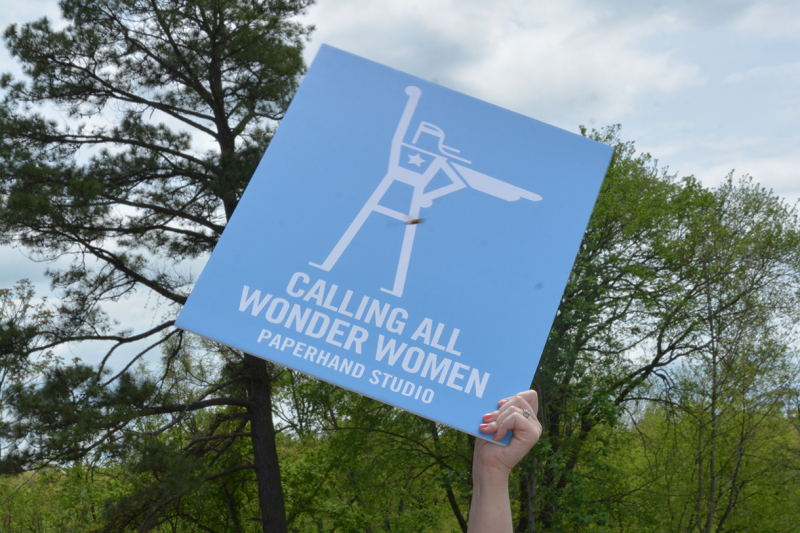
After lunch, SwitchPointers headed off to the microlabs—break-out sessions where attendees interact with presenters to design hands-on, practical solutions to real-world problems. Photo by David Nelson for IntraHealth International.
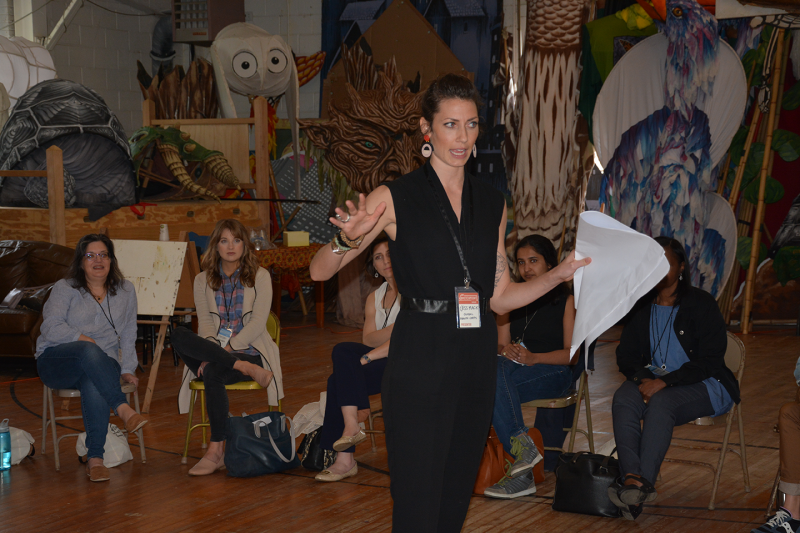
Jess Mack (center), Paurvi Bhatt, and Roopa Dhatt led the discussion on how we can close the gender gap in global health leadership during the Calling All Wonder Women microlab. Photo by David Nelson for IntraHealth International.
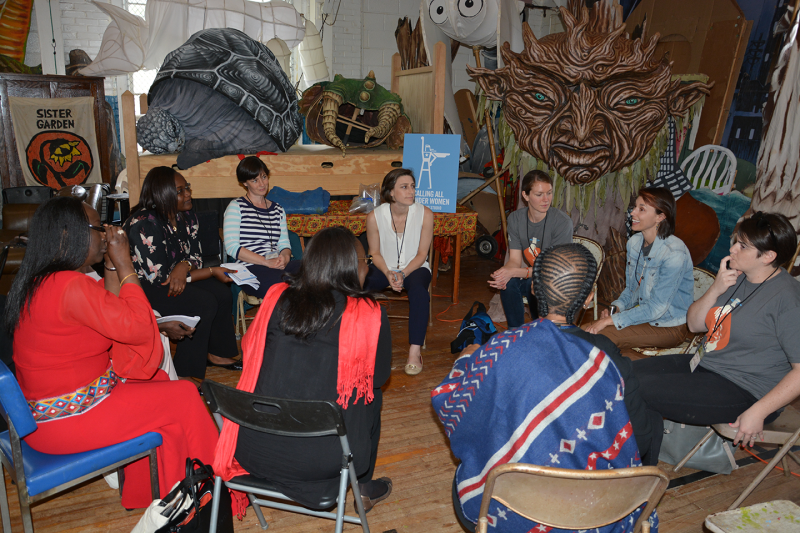
Most of the public health workforce is female, and yet a minority of leadership positions are held by women. This group is working to change that. Photo by David Nelson for IntraHealth International.
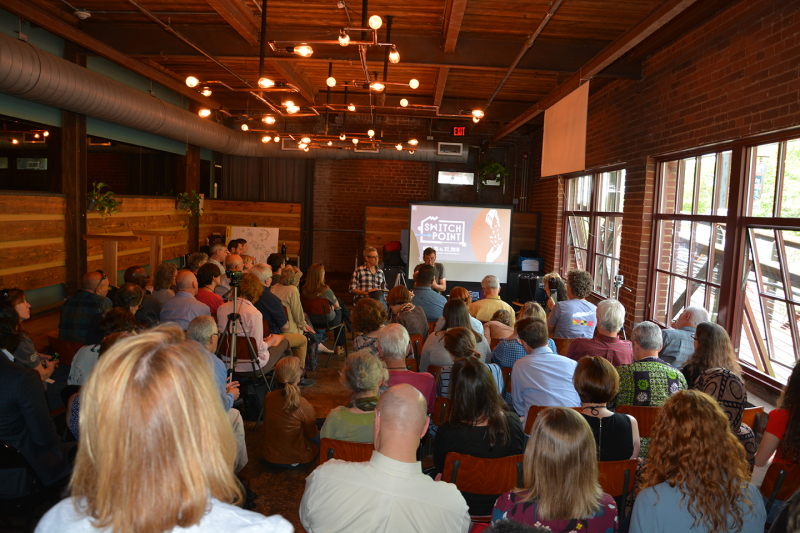
A packed house during the World on Fire microlab, where Marco Werman and Nathaniel Raymond talked fake news, cyber warfare, and digital targeting, and how they're upending the global order. Photo by David Nelson for IntraHealth International.
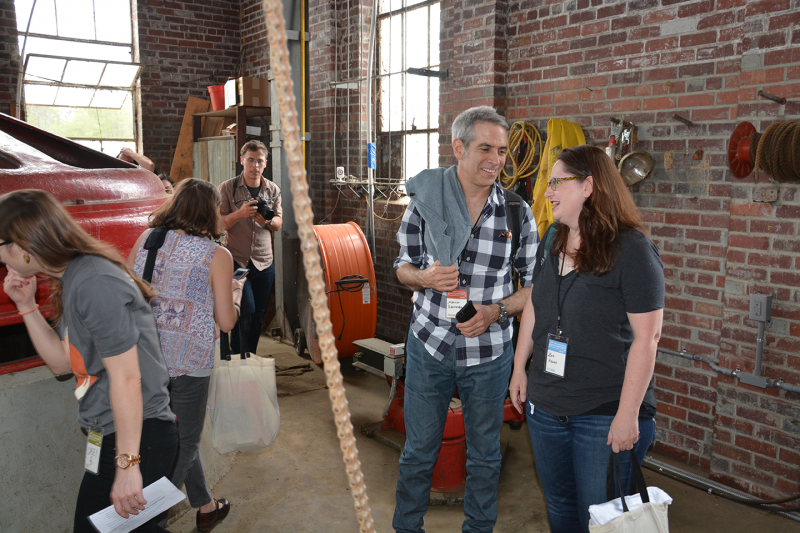
At Haw River Hydro, attendees at the Dam Water microlab got a closer look at how irrigation, water supply, hydropower, and other infrastructure projects can be managed. Photo by David Nelson for IntraHealth International.
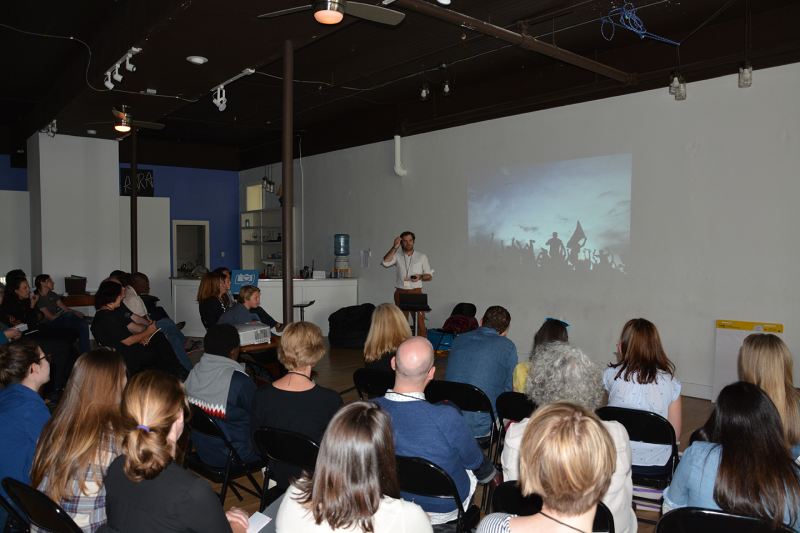
Trevor Snapp talked photography and the responsibilities that come with it during the Visual Storytelling microlab. Photo by David Nelson for IntraHealth International.
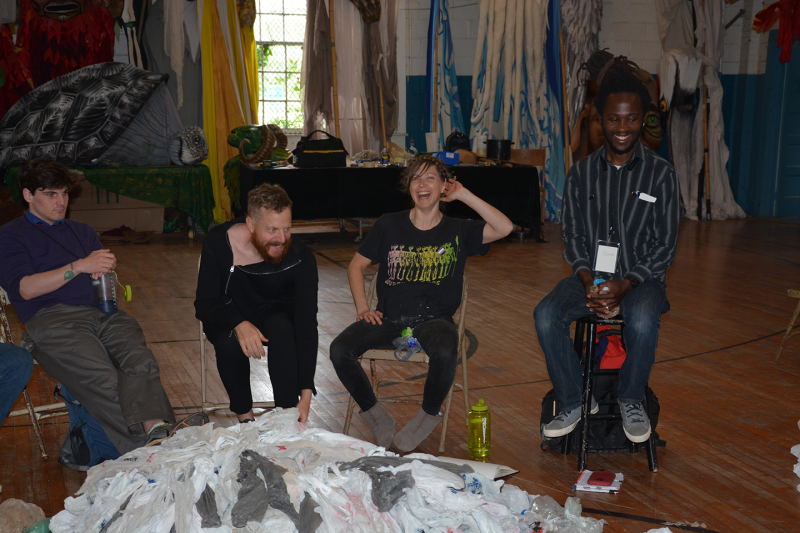
How do we manage to create so much trash? Johnson Desauguste (right), Ginger Wagg (second from right), and Donovan Zimmerman led the Radical Refuse microlab on waste, consumption, equity, and more. Photo by David Nelson for IntraHealth International.
Get the latest updates from the blog and eNews




